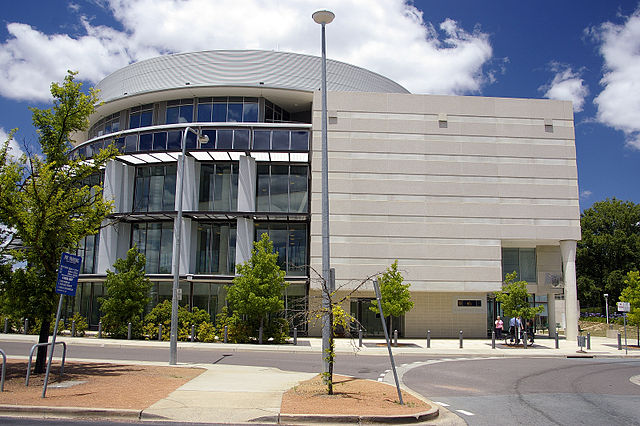Trial Court vs Appellate Court
Identifying the difference between the terms Trial Court and Appellate Court is fairly straightforward. Those of us familiar with the workings of the legal system can easily define and distinguish the above two terms. However, for those who are not acquainted with the different types of courts and their functions, an explanation is necessary. Think of a Trial Court as the court where a case is first heard. Thus, when a party files an action against another, this dispute is heard and adjudicated for the first time in a Trial Court. In contrast, think of an Appellate Court as an appeals court or a court that hears appeals. Let’s take a closer look.
What is a Trial Court?
A Trial Court is popularly referred to as a court of first instance. This means that it is the court that hears a case between parties for the first time. The adjudication of cases or lawsuits between parties typically begins in a Trial Court. Parties to an action are given the opportunity to present their case through evidence and witness testimony, and the judge or a jury will make a decision thereafter. From a legal perspective, Trial Courts have original jurisdiction in that evidence and witness testimony are introduced, taken into consideration and accepted for the first time. The primary goal of a Trial Court is to hear the cases presented by the parties and thereafter come to a determination that will in turn settle the dispute between them. Trial Courts can hear both civil and criminal cases. Its focus is mainly on questions of fact and questions of law.
What is an Appellate Court?
An Appellate Court is on a higher level than a Trial Court. Informally, think of it as the ‘big brother’ of the Trial Court. The ultimate power of an Appellate Court is to review decisions of lower courts or, for the purpose of this article, decisions of Trial Courts. If a party is not satisfied with the decision of a Trial Court, the party may file an appeal in an Appellate Court seeking a review of the said decision. Typically, the Court of Appeal functions as the Appellate Court in many countries. Further, the Supreme Court also serves as an Appellate Court. Generally, the reviewing power of an Appellate Court encompasses three types of jurisdiction. Firstly, it can affirm the decision of the Trial Court by accepting the same; secondly, it has jurisdiction to reverse the decision on the basis that the decision of the Trial Court was erroneous in law; thirdly, it has the jurisdiction to change certain parts of the decision that are erroneous in law and keep the rest. The ultimate goal of the Appellate Court is to review the case and determine if the Trial Court applied the law correctly. It is, therefore, not a re-trial of the case; instead it deals with questions of law pertaining to the case.
What is the difference between Trial Court and Appellate Court?
• A Trial Court is a court of first instance in that any dispute or legal action between two parties is heard for the first time in a Trial Court.
• In contrast, an Appellate Court is an appeals court wherein a party may file an appeal against the decision of a lower court.
• A case in Trial Court typically involves the presentation of evidence and witness testimony and deals with questions of fact and questions of law.
• An Appellate Court, in contrast, reviews decisions of the Trial Court, on appeal, and deals only with questions of law.
• The primary goal of a Trial Court is to settle a dispute between parties.
• In an Appellate Court, the objective is to review the decision of the Trial Court and either affirm or reverse the said decision.
Key Takeaways
- A Trial Court is the court of first instance where cases are heard for the first time, while an Appellate Court hears appeals from lower courts.
- Trial Courts focus on questions of fact and questions of law, while Appellate Courts deal only with questions of law.
- The primary goal of a Trial Court is to settle disputes between parties, while the objective of an Appellate Court is to review and either affirm or reverse the decision of the Trial Court.
